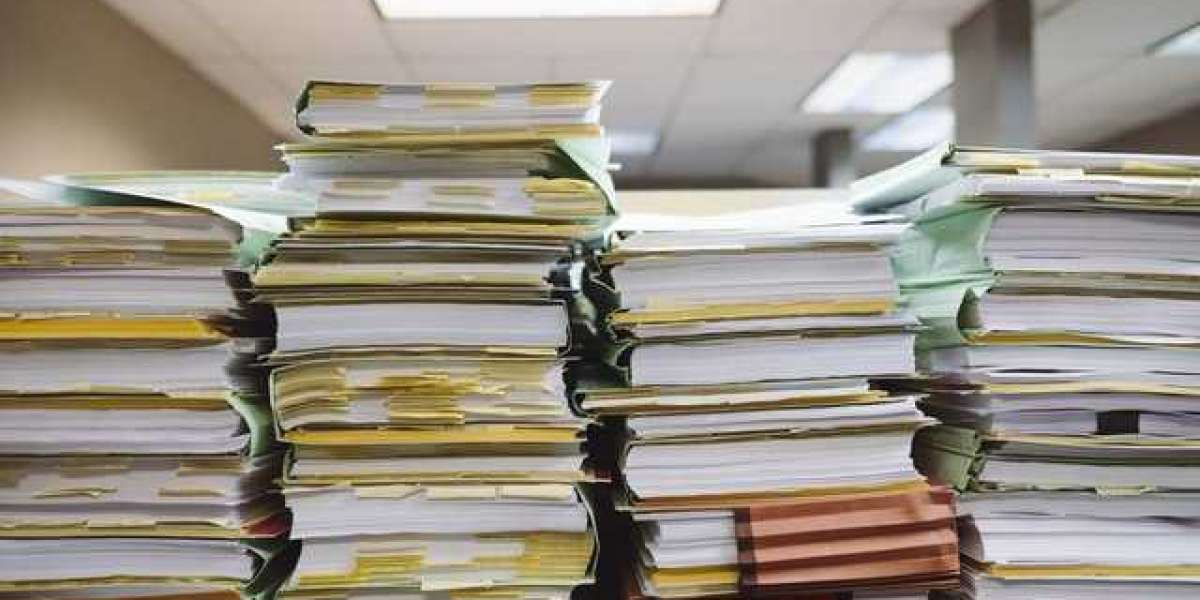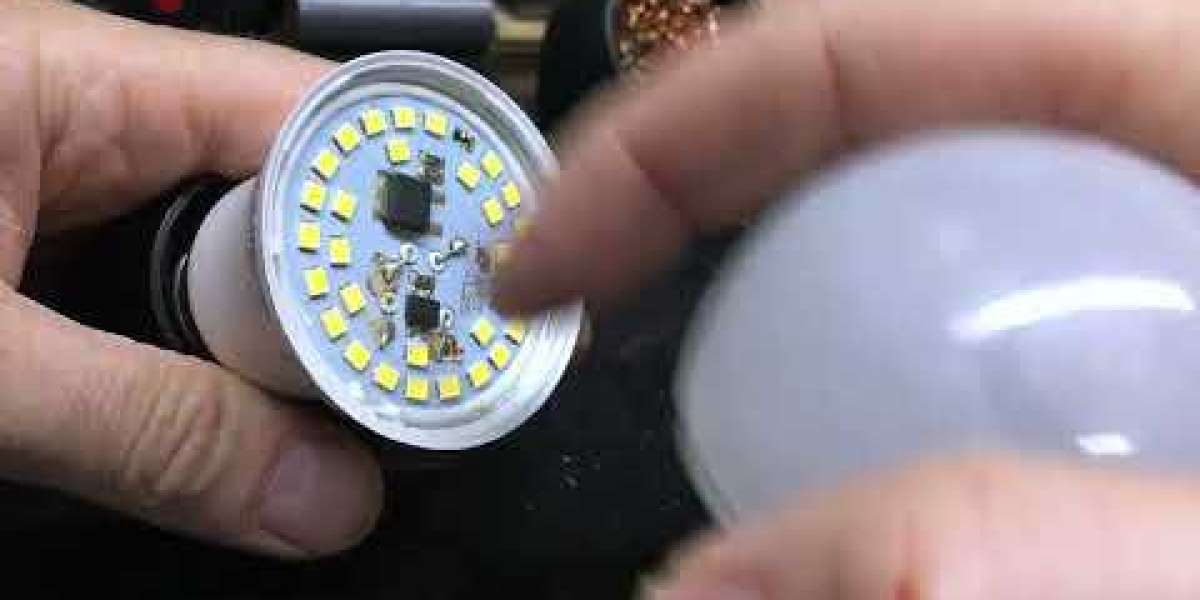In the UK, a Power of Attorney is a legal document that grants one person the authority to act on another’s behalf in financial or health-related matters. Witnessing this document is not just a formality but a crucial legal safeguard. The Power of Attorney witnessing process ensures that the person granting the power is doing so voluntarily and with full understanding, free from any coercion or undue influence. This is especially important as a power of attorney grants significant control over personal and financial affairs.
The Power of Attorney witnessing is required to validate the document and to protect all parties involved. For Power of Attorney to be legally binding, it must be signed in the presence of an independent witness who is not a beneficiary or related to the person granting the power. This impartiality helps prevent any potential conflicts of interest or fraudulent claims. Additionally, the witness must be someone who is legally qualified, such as a solicitor, a notary public, or a commissioner for oaths.
Failing to follow proper witnessing procedures can lead to the invalidation of the Power of Attorney, resulting in complications if the person granting the power becomes incapacitated. Therefore, meticulous adherence to witnessing requirements not only upholds the document’s legal standing but also ensures that the wishes of the person granting the power are honoured and protected. This process underscores the importance of careful planning and professional guidance in legal matters affecting personal and financial decision-making.








